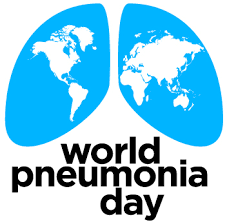
World Pneumonia Day 2021
Every Breath Counts - Call for volunteers on World Pneumonia Day
LSTM represents a centre of excellence in pneumonia research throughout the world, in particular the team in the Accelerator Research Clinic (ARC) developed a human pneumococcal challenge model to learn more about the immune responses to the pneumococcal bacteria in healthy adults and acts as a vaccine testing platform. The Experimental Human Pneumococcal Challenge (EHPC) Model is the only model in the world in which participants are inoculated with live pneumococcal bacteria in their nose and can be used as a transmission model for prevention strategies. LSTM’s expertise in vaccine research and clinical trials ensured it became one of the sites for testing the COVID-19 vaccines during the pandemic.
Pneumonia remains one of the biggest causes of death, globally, and is responsible for 15 % of all deaths in children under 5 years old. Communities within Sub-Saharan Africa are the worst affected with only one third of children receiving the antibiotics they require for treatment highlighting the need for a better understanding of pneumococcal bacteria and the development of new vaccines. In addition, pneumonia is an infection that can be caused not only by pneumococcal bacteria but viruses such as SARS-CoV-2, a cold virus and influenza and, unfortunately, there is no vaccine which targets all causes of pneumonia.
Angie Hyder-Wright, ARC Manager and Senior Research Nurse, said: “We have currently recruited well over 3000 participants into our respiratory infection research studies over the last 10 years, and are delighted that we still have so many keen volunteers. The COVID-19 vaccine trials at LSTM showed how responsive the people of our region are in coming forward and taking part in clinical trials which contribute to saving lives.” Dr Andrea Collins, Senior Clinical Lecturer in Respiratory Medicine, continued: “Respiratory infections affect us all young and old, rich, or poor. For most of us they are just irritating and affect daily life for a few days but in others can potentially be catastrophic and kill. Unfortunately, doctors cannot always predict who will be affected and how.”
Consequently, on World Pneumonia Day the team are currently asking for volunteers to come forward and sign up to a database to receive information about trials taking place at LSTM. As such Liverpool can continue to play its part in saving lives both in the UK and overseas - #EveryBreathCounts – you can be part of the solution.
What is Pneumonia?
Pneumonia means inflammation of the lung tissue and is considered to be an acute respiratory infection that affects the lungs. It can be caused by a range of bacteria, viruses or fungi with the bacteria Pneumococcus being one of the most common globally.
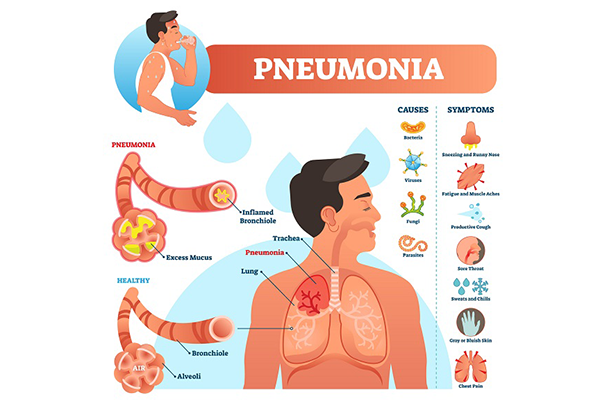
Pneumonia a global and local problem
It remains one of the biggest causes of death internationally and is responsible for 15% of all deaths in children under 5 years old1. Individuals at either a very low or high age are particularly at risk, with adults >65 10 times more likely to be hospitalised with pneumococcal pneumonia than those aged 18-492. Similarly having an underlying respiratory problem such as COPD or asthma dramatically increases the risk of hospitalisation by over 5 times2.
Pneumonia is a major cause of mortality all over the world, but Sub-Saharan Africa and South Asia are worst affected. Only one third of children diagnosed with pneumonia receive the antibiotics they require for treatment1. In the UK we have one of the highest death rates in Europe from pneumonia (214 people for every million died from pneumonia in the UK between 2000-2010) with the North-West region in particular being one of the worst affected regions3.
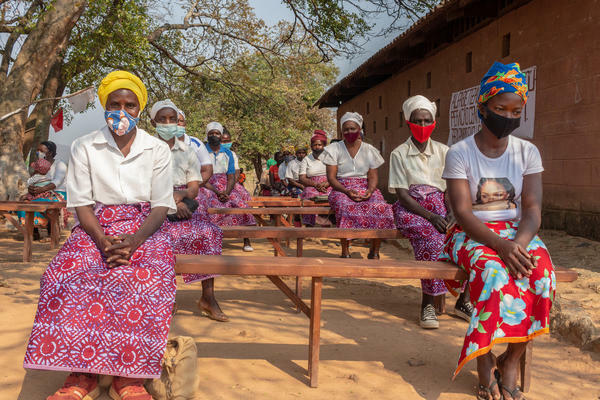
Pneumonia prevention
Pneumonia can be preventable with vaccination, good hand hygiene and by addressing environmental factors such as air pollution1. Since 1990 child deaths from pneumonia have decreased by almost two-thirds due to these interventions4, however deaths in older adults have not improved over the same time frame.
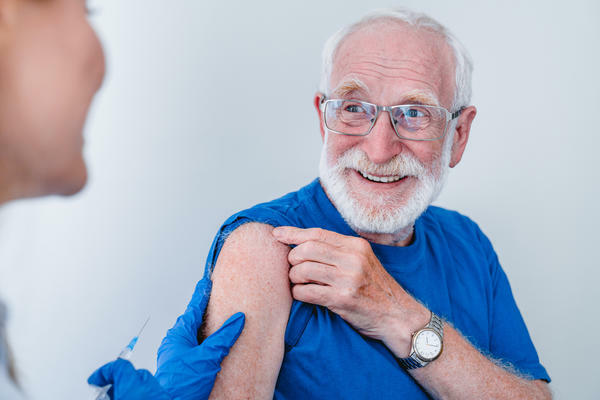
1.Organisation WHO. https://www.who.int/news-room/fact-sheets/detail/pneumonia. Published 2021. Accessed 03/11/21, 2021.
2.Pneumonia K. Pneumococcal pneumonia risk Published 2021. Accessed 03/11/21, 2021.
3.Foundation BL. Pneumonia Statistics. Published 2021. Accessed 03/11/2021, 2021.
4.data Owi. Burden of Pneumonia. Published 2021. Accessed 03/11/2021, 2021.
Pneumonia research at LSTM
Our team developed a human pneumococcal challenge model over 10 years ago to learn more about the immune responses to the bacteria in healthy adults. During this time, the model has evolved to include 4 common strains of the bacteria and has advanced to allow us to test pneumonia vaccines.
From our previous experience we can estimate how many will carry the bacteria in their nose following exposure in the clinic. Therefore we can use this method to test current licensed vaccines and new vaccines to find out which are most effective at preventing colonisation in the nose. If we can reduce colonisation or the amount of bacteria carried in the nose, we can reduce the transmission within the community and prevent disease.
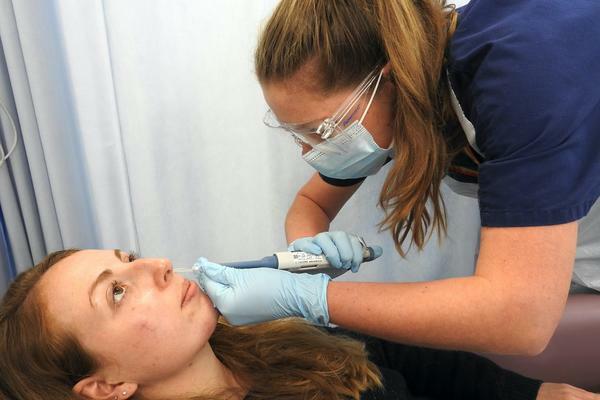
The advantage of this model compared to normal methods of testing vaccines is that it is quicker, requires less volunteers and therefore provides rapid results. This reduces the cost of the trial which in turn should reduce the cost of the vaccine making them more affordable for lower middle-income countries.
We have also used the human pneumococcal challenge model to assess how the bacteria is transmitted from the hand to nose mimicking natural transmission in children. This transmission model was established and used to test different products to prevent transmission in partnership with Unilever.
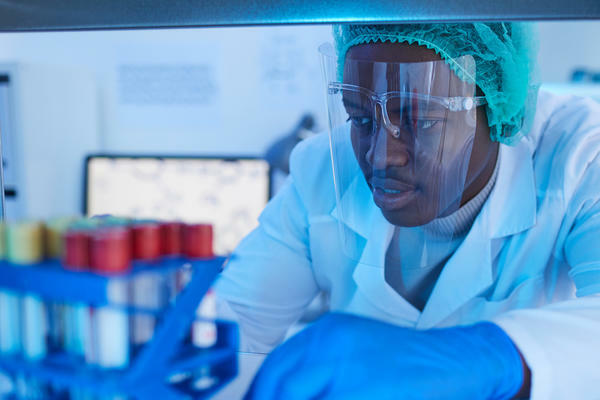
How can you help?
We are currently recruiting healthy volunteers to take part in a clinical trial to assess which current pneumonia vaccine is most effective to protect against colonisation with pneumococcal bacteria
Currently there are 2 pneumonia vaccines available in the UK as part of the National vaccination program. Prevnar (PCV-13) is given to children under the age of 5yrs old and offers protection against 13 strains of the bacteria. Pneumovax (PPV-23) is given to adults aged over 60yrs and offers protection against 23 strains of pneumococcal bacteria.

Join us as a clinical trial volunteer
In this new clinical trial, we are combining our experience in 2 strains of the bacteria that are commonly found in the community to test which vaccine offers the most protection against colonisation short term (after 1 month) and long term (after 6months). We are aiming to recruit 516 healthy volunteers over the next 12 months to take part in this study. The results of this study will help inform vaccine knowledge and may change vaccine strategies in the UK.
You could take part if you are generally well, aged 18-50yrs (inclusive)
- Review EHPC for vaccine research
- Review pneumococcal transmission, colonisation and invasion:
- Review immunological mechanisms of carriage
- Hands to Nose transmission
- Co-infection and carriage
- LAIV-EHPC trial
- EHPC immunising effect in carriage negatives
- PCV – EHPC trial
- Rechallenge studies
- Density and duration of EHPC
- Jove film on EHPC
